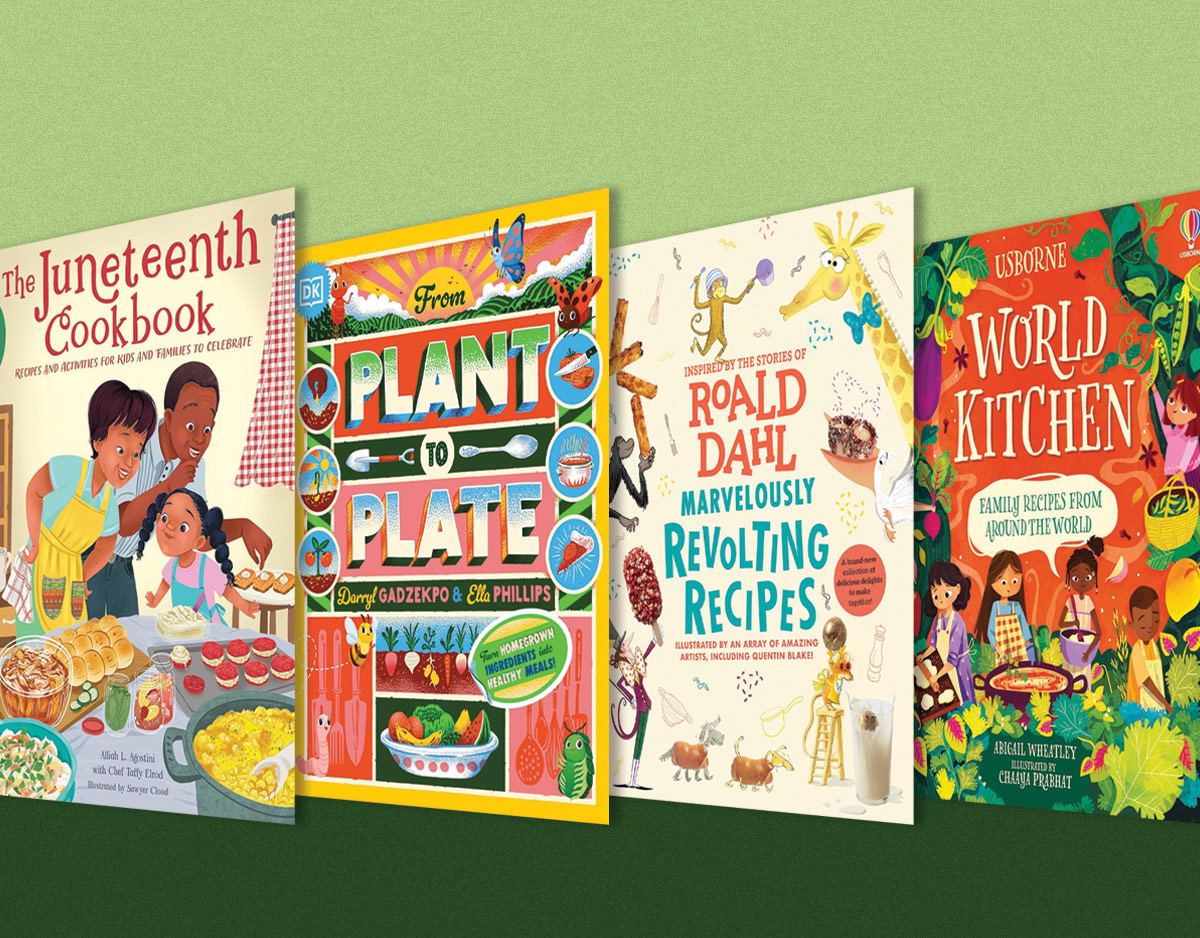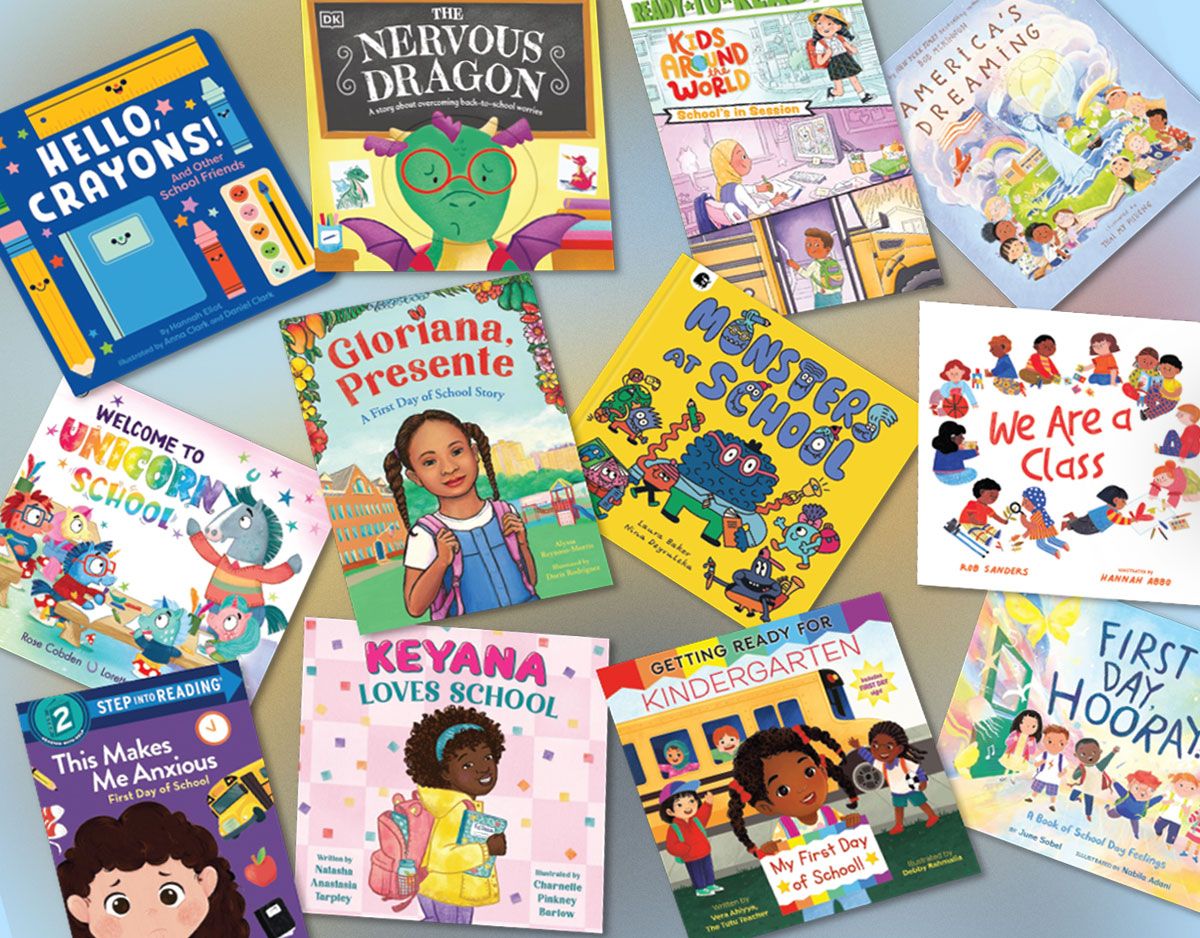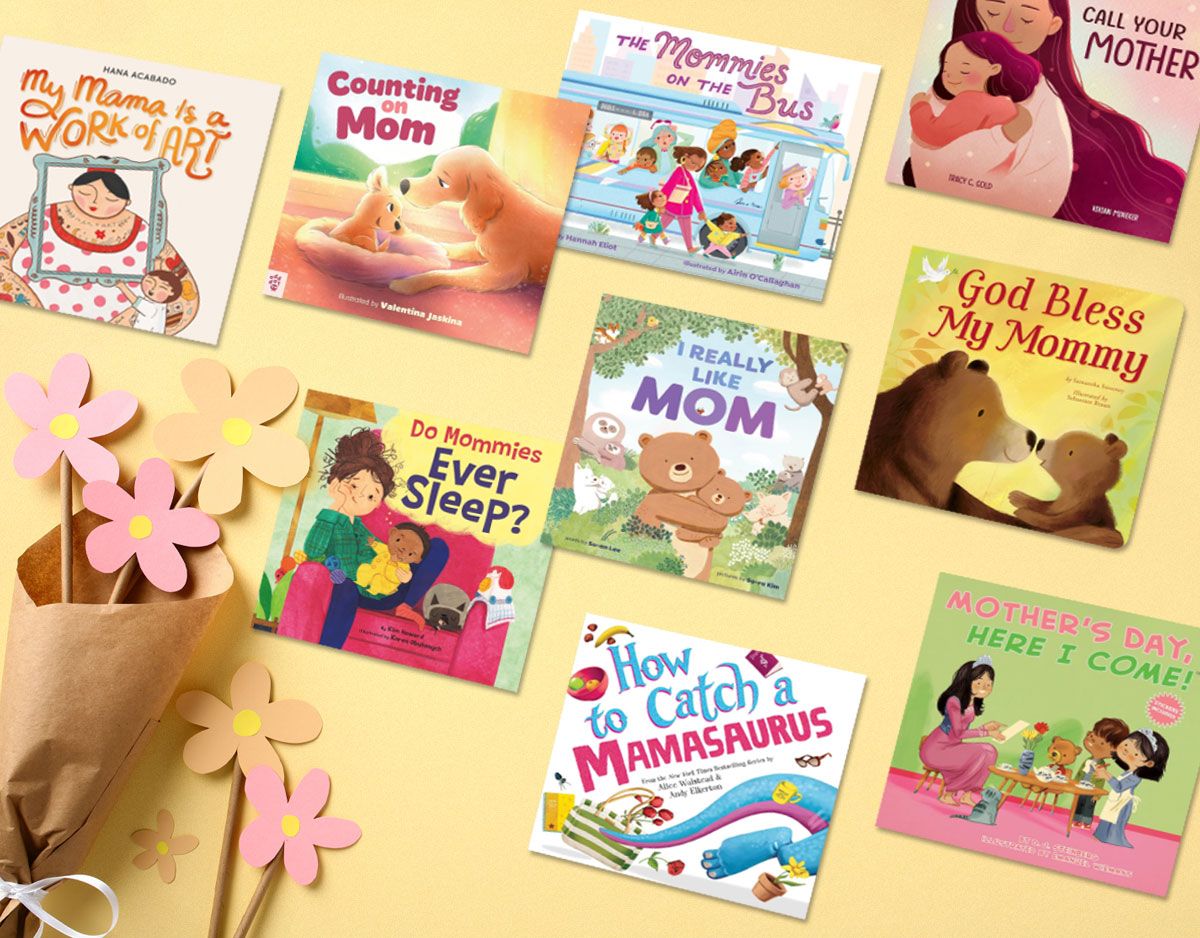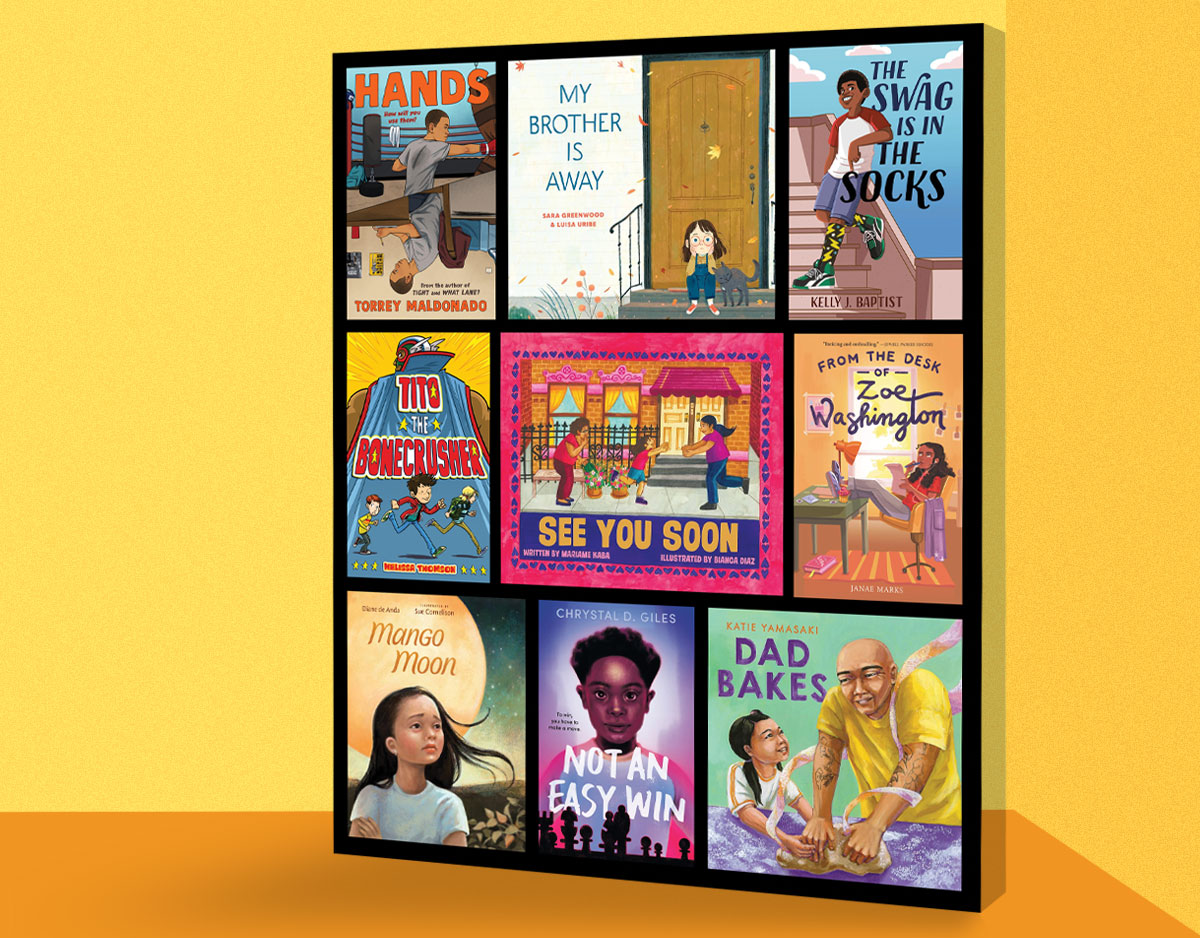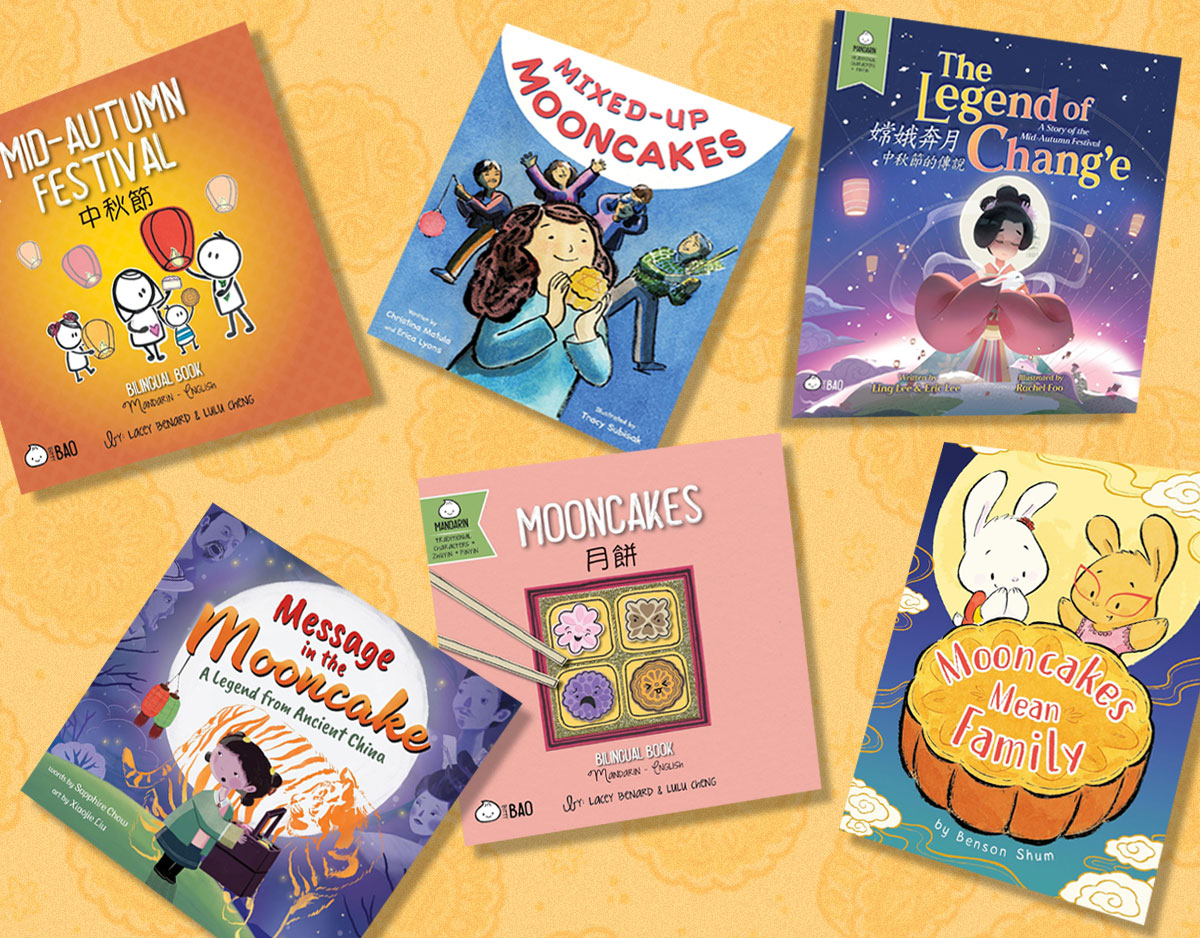Review of the Day: Root Magic by Eden Royce

Root Magic
By Eden Royce
Walden Pond Press (an imprint of Harper Collins)
$16.99
ISBN: 978-0-06-289957-6
Ages 9-12
On shelves now
When I was a kid, one of my favorite novels was Virginia Hamilton’s The House of Dies Drear. I don’t think I really realized at the time what a novel thing it was. Today, kids would not be particularly shocked to encounter a book that combined the long arm of slavery to the present day alongside a ghost story/treasure ala Goonies, but in the 1980s it was a standalone in the field. What I particularly loved about it was how atmospheric it was. For me, it was like a really good episode of The Bloodhound Gang, and I suppose there’s a part of me that’s always looking for that level of spookiness in the children’s books I read. I manage to find it to varying degrees of success. Still, you’d think that someone would be able to tap into that same link between history and chills that Ms. Hamilton did all those years ago. The happy ending to this story is, as you might imagine, that I’ve found such a book. Root Magic by Eden Royce, isn’t really like anything else out there. A smartly plotted dip into the Gullah-Geechee culture of early 60s rural South Carolina, it manages to weave family, history, and spooky stuff together like a braid.
When Jezebel’s grandmother died, she couldn’t have imagined how it would upend her life. It’s 1963 and Jez lives with her twin brother Jay, her mama, and her uncle Doc Buzzard. Doc’s a rootworker, which is a person skilled in the art of Black folk magic, and for the first time he’s going to train Jez and Jay. All this happens not a moment too soon too. Jez is skipping a grade in school this year, and there’s a mean girl out to get her. Back at home, a dangerous deputy is circling her family, drawing closer and closer to doing some real harm. Soon enough, the root magic becomes more than just Jezebel’s history. It’s the way she’ll be able to tackle demons, real and human, in her own way.
ADVERTISEMENT
ADVERTISEMENT
If folks have any sense, they should be begging Ms. Royce to teach a course on the art of the first sentence, the art of the first page, and the art of the first chapter. In this book she nails all three and hard. I mean, just listen to this first sentence: “When Gullah people die, babies in the family get passed over the coffin so the dead person won’t come back from the beyond to take them away.” If the job of a novel is to suck the reader in from the get-go, mission accomplished! The rest of that chapter is a funeral, root magic, a clear-cut explanation of where the story will take place, an introduction to most of the main characters, and the appearance of the villain right at the end. Throw in some beautiful descriptions (“In the heat of late summer, the scent of her bergamot hair pomade was like sweet, sun-hot oranges”) and a foreshadowing of things to come and you’ve got yourself the kind of beginning to a book that I wish we could clone. Or, at the very least, duplicate.
Now when that first sentence ends, you don’t want the reader to glance over the rest of the book and abandon it. So Ms. Royce keeps the action and tension going. When I was a child I didn’t care for books about bullies, and there’s an awful lot of Lettie in this story, that’s for sure. But for all of that, I couldn’t pull away from the text. Why? The sheer quality of the writing, that’s why. What other author could so perfectly describe a creature pulling its skin off like, “when you pull apart two pork ribs that weren’t quite finished cooking yet”? Or a tall man emerging from a car, “unfolding his height like a sheet.” But even better than this is the care with which Royce invokes the marsh. With her help you can practically smell it, to say nothing of feeling it too. She lavishes the setting with such love that it isn’t hard to see how she knows from whence she speaks. The marsh itself becomes a character in its own right, under her pen. Good thing too, since it certainly is key in how the book ends.
Now I’m not going to give anything away when I say that the primary villain of this piece isn’t Lettie, the school bully who makes Jezebel’s life a living Hades, but rather the much more menacing Officer Collins. A lot of time I dislike villains that don’t have any depth to them. And Collins is evil, pure and simple. His racism is his leading characteristic, but a bolt of imaginative cruelty runs through him as well. There isn’t a redeeming bone in his body, and that’s a good thing. What I came to realize while reading Root Magic was that three-dimensionality is overrated. Collins doesn’t need some deep-seated reason to be awful to this family. It’s early 60s South Carolina and he’s a white police officer. It would be strange if he wasn’t causing them grief. Also, if you were to give him a family, maybe a little daughter, that action would completely undercut his ultimate fate. At the beginning of this book I had hoped that he wouldn’t meet a supernatural ending, but then the book managed to go out of its way to earn that conclusion. You don’t come away from this feeling like the finale was earned cheaply either. It’s satisfying and creepy. The best of both worlds.
In her Author’s Note at the end of the book, Eden Royce explains that her great-aunt was a rootworker, while her grandmother didn’t approve of the art. This dichotomy informs the book, showing the tension in the Black community over rootwork. I suspect that most people will compare Root Magic to The Jumbies since in both cases you have #ownvoices culture and scary stuff mixing and melding within the story. It’s not a bad comparison but Root Magic stands on its own. A read and a reread yield so many little details and clues that the author has sprinkled around the book (because, honestly, you can’t have a character rip an apple into two pieces with her bare hands and not have that mean something). Like the thick mud of the marsh, kids are going to get sucked into this story and it will NOT let them go. Hand it to the young readers in search of scary thrills, but that also require a full-blooded, artfully written story to go along with their shivers. Potions and powders will prove unnecessary. This book has a magic entirely of its own.
On shelves now.
Source: Galley sent by publisher for review.
Filed under: Best Books, Best Books of 2021, Reviews, Reviews 2021
About Betsy Bird
Betsy Bird is currently the Collection Development Manager of the Evanston Public Library system and a former Materials Specialist for New York Public Library. She has served on Newbery, written for Horn Book, and has done other lovely little things that she'd love to tell you about but that she's sure you'd find more interesting to hear of in person. Her opinions are her own and do not reflect those of EPL, SLJ, or any of the other acronyms you might be able to name. Follow her on Twitter: @fuseeight.
ADVERTISEMENT
ADVERTISEMENT
SLJ Blog Network
Tegan and Sara: Crush | Review
The Seven Bills That Will Safeguard the Future of School Librarianship
Take Five: Dogs in Middle Grade Novels
Gayle Forman Visits The Yarn!
ADVERTISEMENT



